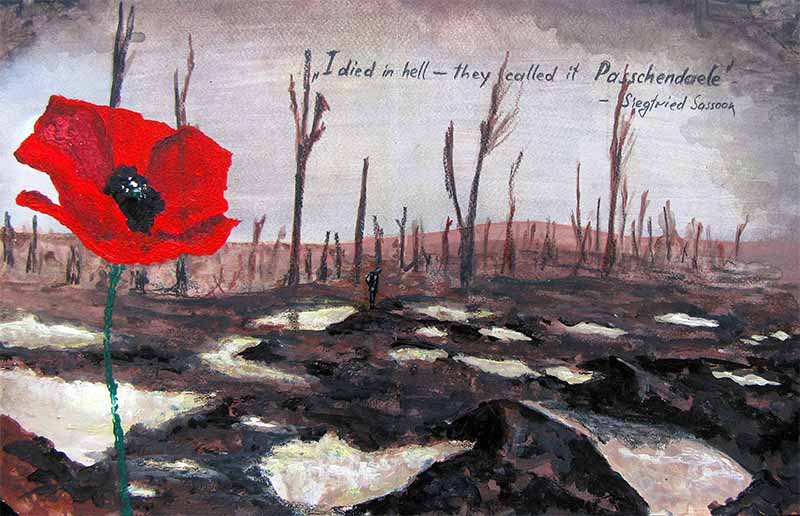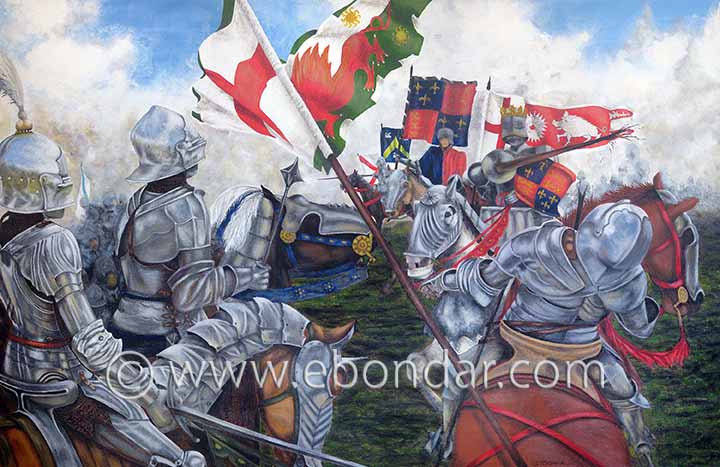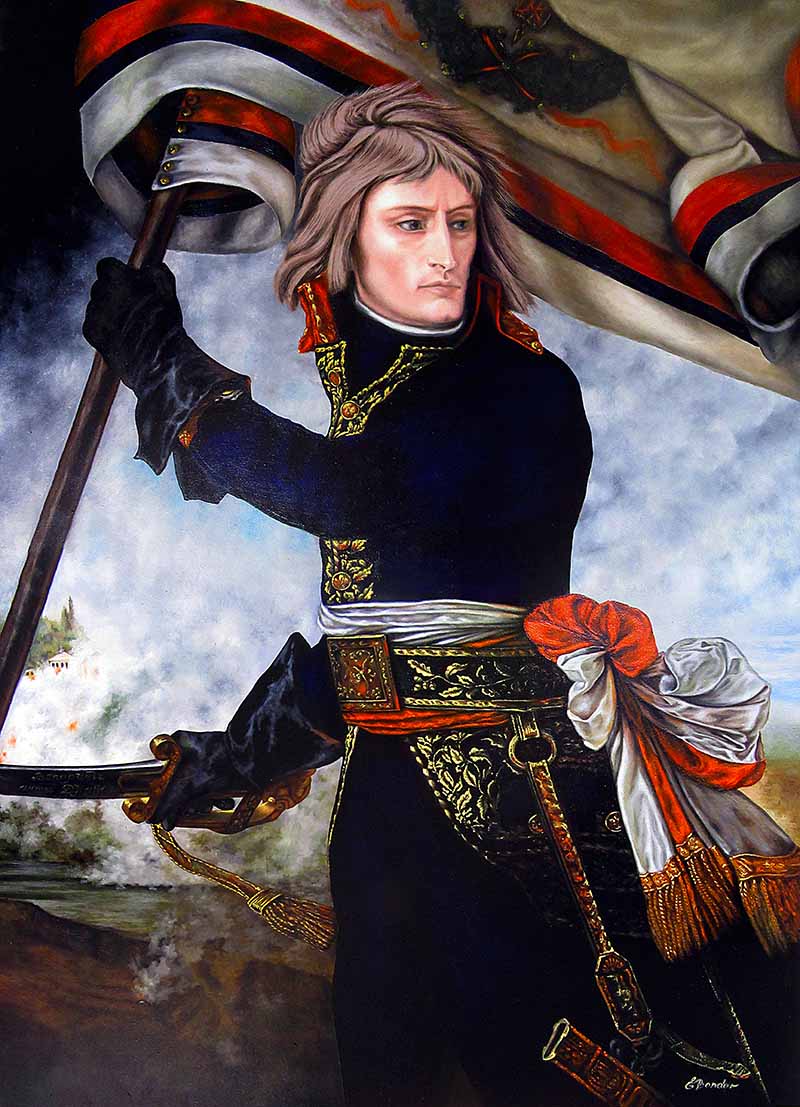
Cleopatra testing poisons on condemned prisoners. After the original painting by Alexandre Cabanel (1823-
In this canvas, Queen Cleopatra is seated in luxurious surroundings, adorned with animal hides, textiles and plants. At her feet lies a leopard, a symbol of regal power. A servant keeps her cool with a fan. Cabanel rendered Cleopatra and her surroundings in accurate, colourful detail. The figures in the background, where the horror takes place, are represented slightly smaller and in a hazier fashion. The painting is a typical example of ‘l’art pompier’, a derisory term for academic painting from the second half of the 19th century.
Cabanel based his painting on book illustrations of ancient Egypt. He combined fanciful elements, such as Cleopatra’s attire and veils, with historically accurate details. The building in the left of the painting was inspired by the temples of Philae and Edfoe.
Pixels: 3882 x 2322 pixels (25.8 MP)
Image Size: 33 x 19.5 inches (117 ppi)
Format: PDF (48 MB)
Price: €7.50
Behind the Canvas
Poison, not snake, probably killed Cleopatra
Cleopatra, the queen of Egypt, died from drinking a mixture of poisons and not from a snake bite, claims German historian Christoph Schaefer. He challenges the common, centuries-old belief that Cleopatra committed suicide with the bite of an asp.
Schaefer deduced that she wouldn’t have chosen to die by a snake bite because she was intent on suicide — and a cobra, he said, is not always fatal. When a person does die from a cobra bite it doesn’t go quickly – it is a horrible death, in which it takes hours to die and the victim suffers paralysis to parts of their body, including the eyes.
Cleopatra died a “quiet and pain-free death,” according to the Roman historian Cassius Dio, writing about 200 years after she died.
About this Picture
Downloadable large-



